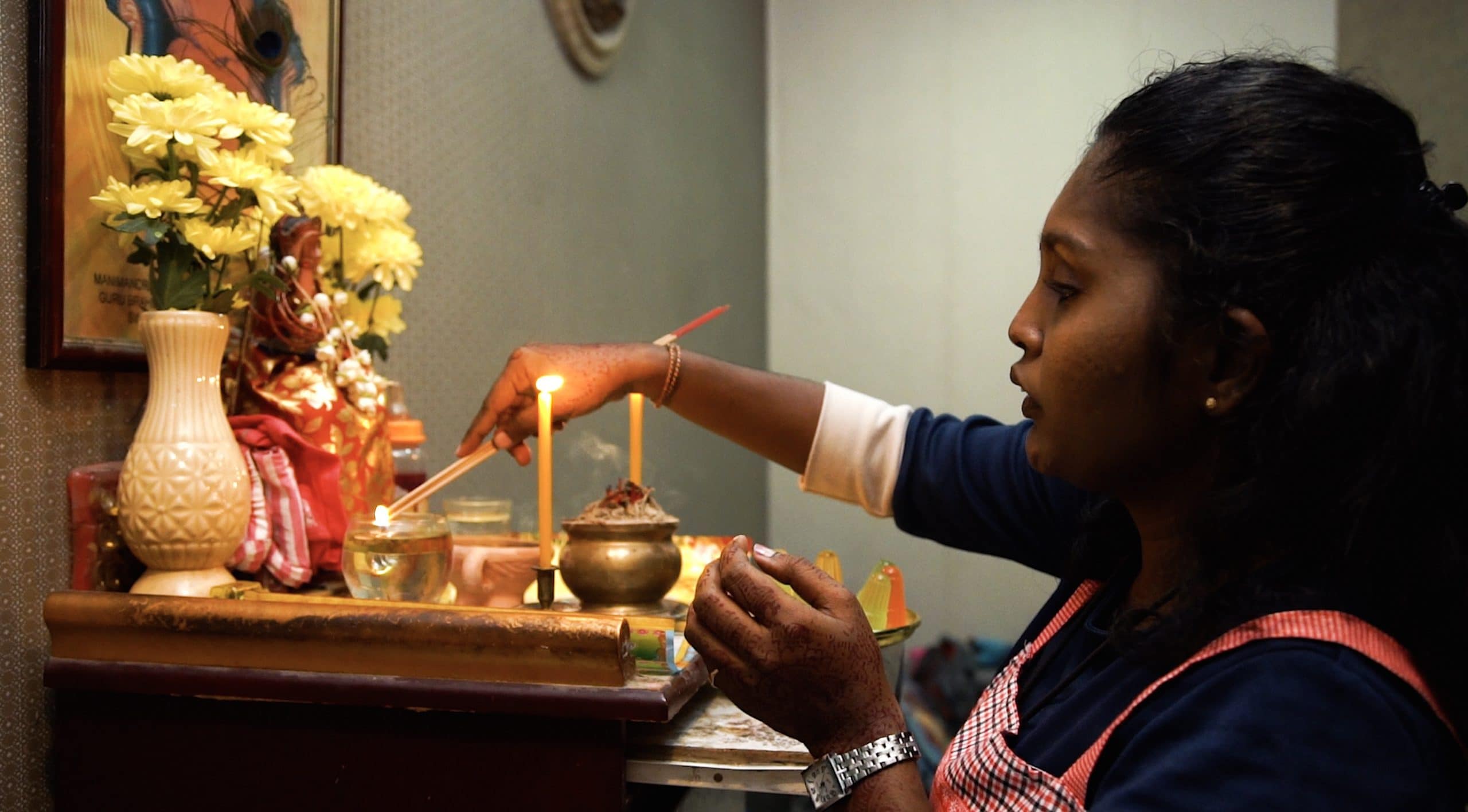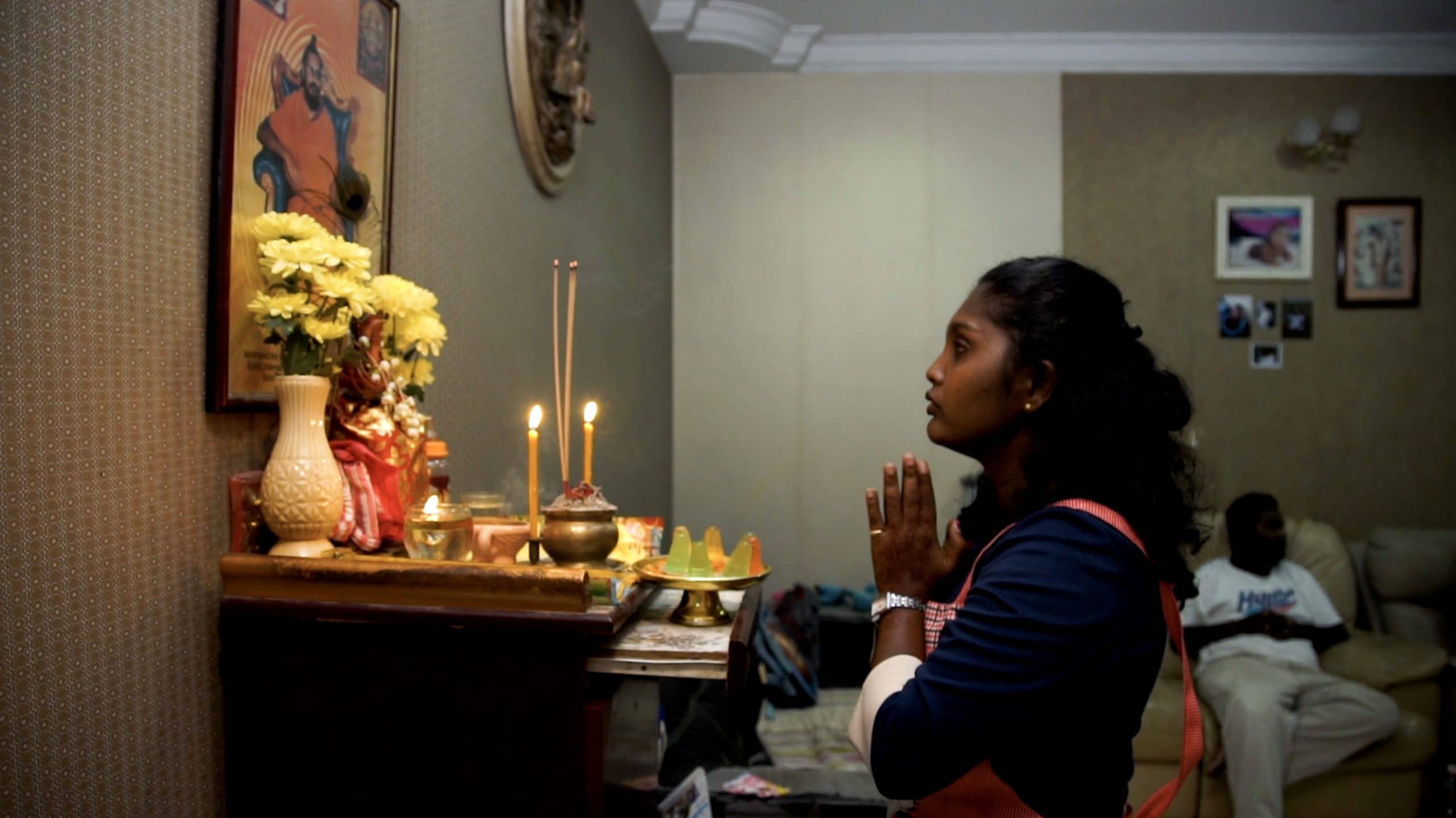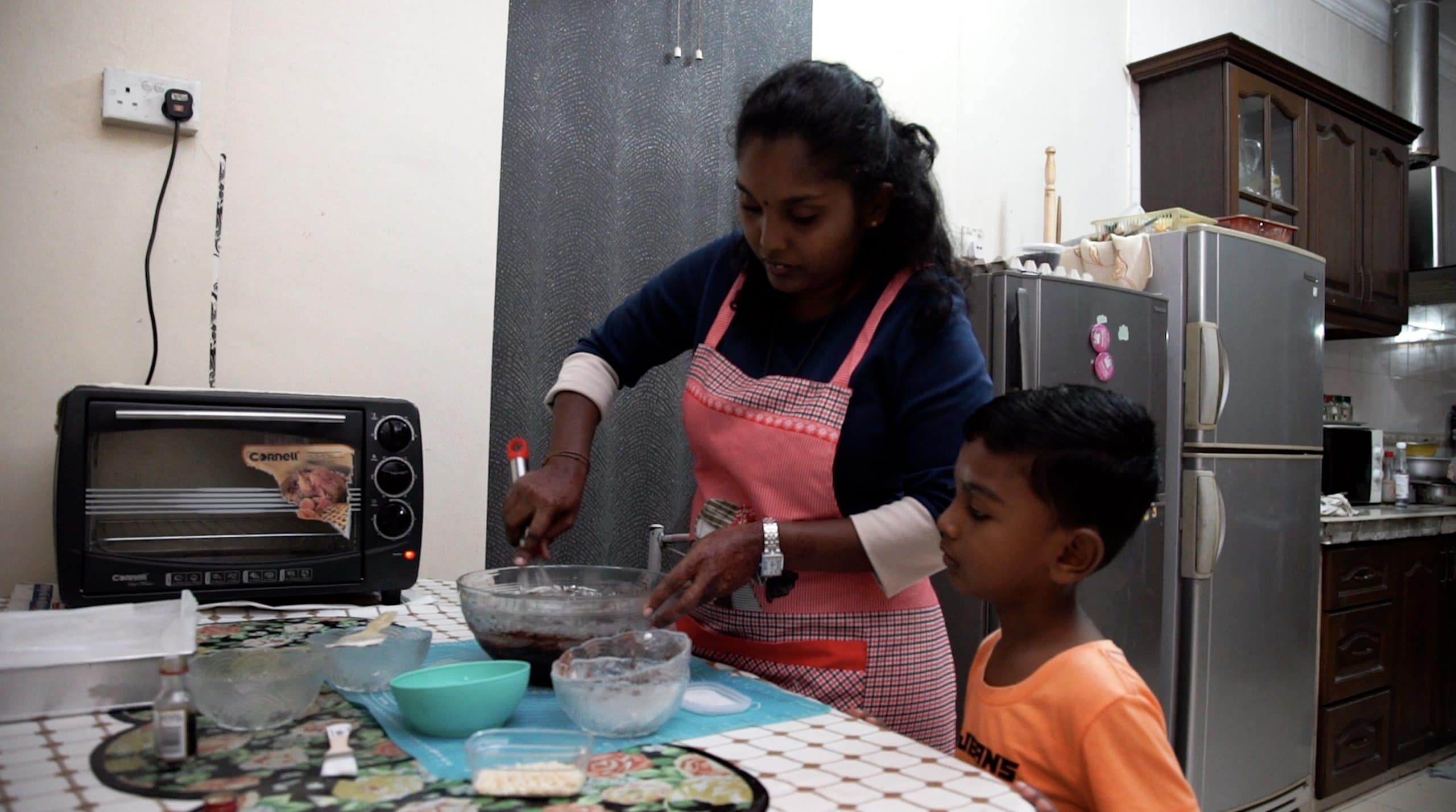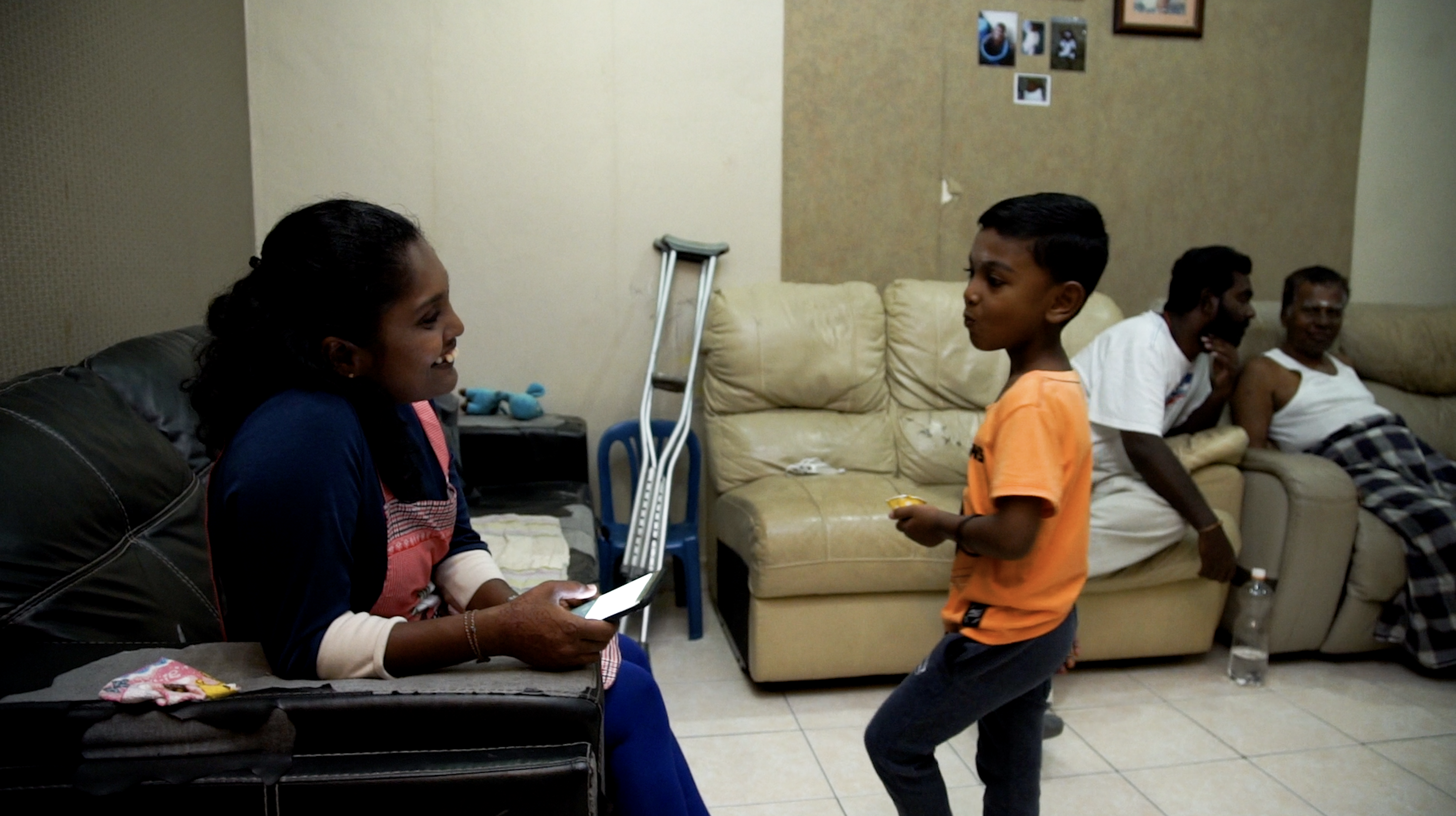Cervical Cancer Survivor: Nanthini Tanabal
570,000 women are diagnosed with cervical cancer every year. In 2018, 31 year old Nanthini Tanabal never imagined she would be one of them.
Nanthini lives in Malaysia, where only 1 in 5 eligible women have been screened for cervical cancer, even though screening is relatively easy to access in healthcare facilities across the country.
She understands why so many women dread, and in some cases avoid, cervical screening. Have you ever heard a women cheer a Pap smear?
Nanthini knew it was important, but she also put it off. She was busy with two small sons, a husband with additional needs and a full time job as a building manager. Plus she thought Pap smears sounded embarrassing. A stranger staring at your vulva? It wasn’t at the top of her to do list.
But not long after giving birth to her second child, worrying symptoms started to appear. They included a white discharge and vaginal bleeding. Although the symptoms concerned her, she didn’t rush to her doctor. She thought maybe it was due to stress or hormonal changes.
Instead, like so many women before her, Nanthini turned to Dr Google. The Internet prognosis was alarming and she asked her mother for help. Nanthini’s mother took her to their family clinic where she was first given a blood test, which confirmed some abnormalities. She presented for a pap smear the following week and a 5cm tumour was discovered on her cervix. This was later classified as cervical cancer stage 2b.
Nanthini had little time to digest her diagnosis – she needed treatment immediately. Her cervical cancer had to be treated with 27 fractions of radiation, 5 cycles of cisplatin chemotherapy and 4 rounds of brachytherapy, a procedure that requires radioactive rods to be inserted into the cervix. Nanthini describes brachytherapy as ‘going through hell and back’.
Even during the depths of her treatment, with cramping legs, waves of nausea and chronic diarrhoea, Nanthini continued to work. In many ways it was freeing and stopped her from feeling like a ‘sick person’. But she also needed to provide for her family. While Nanthini’s husband, mother and sister offered emotional and practical support, they were unable to reduce the financial burden of her cervical cancer diagnosis.
The out of pocket costs associated with cancer care can deter some people from seeking treatment. For Nanthini, it meant ceasing her radiation after 25 fractions, instead of the recommended 27. She also took out a loan that she is conturing to pay off in monthly instalments close to two years later.
There were more physical side effects too – Nanthini went through menopause before the age of 32. But she has also used cervical cancer as an opportunity to ‘fight for my dreams and passions’. She started baking and selling cakes, which has become the primary way she supports her husband and children.
Nanthini has now completed her cervical cancer treatment. While the after effects have included weight gain, sore joints and lingering pain, she is mostly well. But she also doesn’t want to sugar coat it, because there was a time when cervical cancer sunk her into a deep depression and she feared she might die. She believes that without her husband’s moral support, there’s no way she would have survived. Cervical cancer is a difficult illness to come to terms with for most women, in fact Nanthini still hasn’t told her children about her diagnosis.
This is why her message to women across the world is to get screened. It might be uncomfortable, but it’s not as uncomfortable as cervical cancer. She also wants girls across the world to be immunised against HPV, to prevent a cervical cancer diagnosis when they grow up.
Do you think it’s time we all took action towards worldwide cervical cancer elimination? Join the movement and sign up to the campaign today. We’d also love to hear your feedback on this story, so please post your comments to us below. You’ll also find us on all the usual social channels. With widespread global coverage of the HPV vaccination and dedicated cervical screening programs, it will be possible to eliminate cervical cancer for future generations.
Follow Conquering Cancer on



